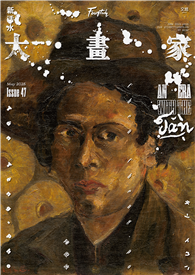This detailed study of eighty European journeys examines the everyday spatial concerns of nineteenth-century travelers, with a focus on travelers from the Netherlands and North Sea region.
From common soldiers in revolutionary Belgium to guests of the tsars in Russia, many of their travel accounts are here examined for the first time. Chapters analyze the different meanings of the home and homeliness; travelers’ desires for socializing but equally their intricate privacy norms; their intense attachment to cleanliness, order, space, and light; and the discomforts of cold, hot, wet, hard, and cramped spaces. Author Anna P.H. Geurts details what spatial characteristics travelers valued, what measures they took to ensure them, and what sensations, emotions, and thoughts this resulted in. Geurts’s careful attention to gender, class, and individual experience turns existing conceptions of industrial modernity on their head. From Napoleonic stagecoaches and sailing-boats to the steam-powered journeys of the belle époque, the continuities in travel experiences are surprising, as are the commonalities between travelers of different social classes and genders. Significant shifts in their spatial micropolitics should be sought less in the world of administration and industrial machinery, and more in travelers’ increasingly flexible and egalitarian mindset and changing economic relations.
This book will be of value to students and researchers of cultural history as well as contemporary planning and design.












